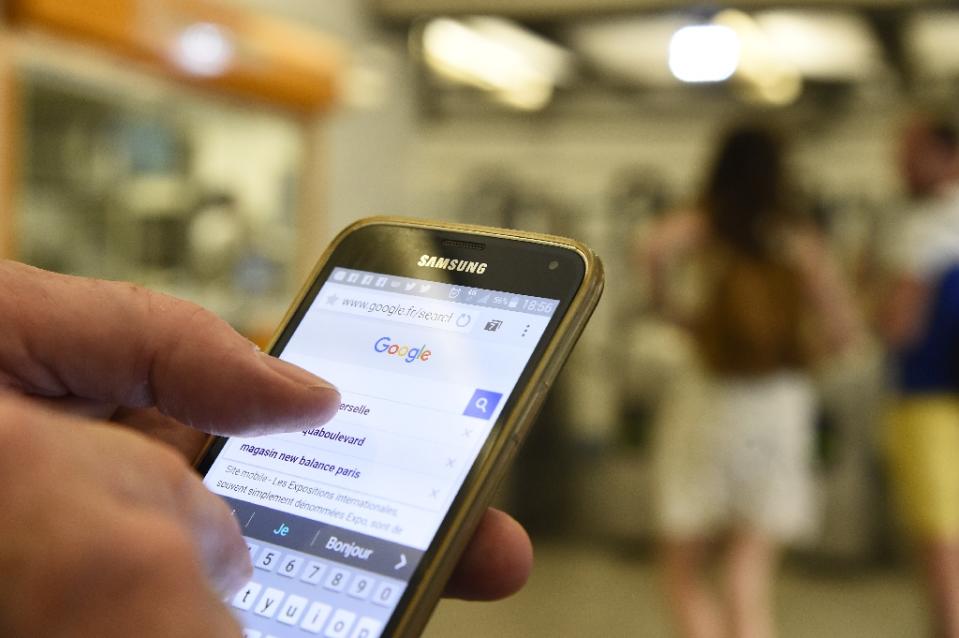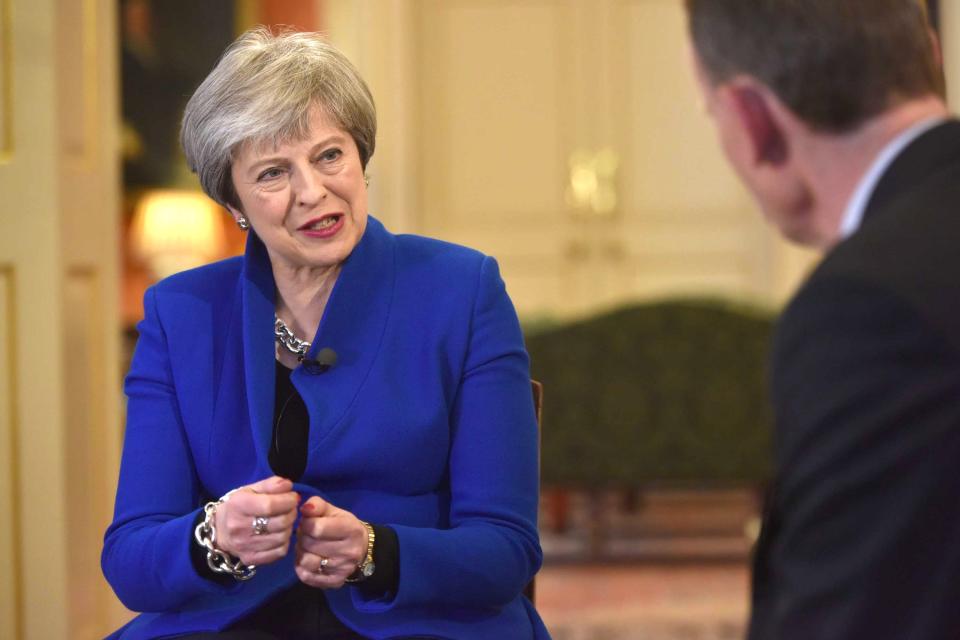Mobile phone roaming charges could return after Brexit

British mobile phone users could face roaming charges once again after the UK leaves the EU.
Just months after the practice was outlawed by the European Union, holidaymakers and business people could have to pay more to use their mobiles abroad unless a new deal can be reached.
Prime minister Theresa May has confirmed the UK will be leaving the EU’s Digital Single Market (DSM) – and that means we will no longer be protected from being hit by hefty additional charges for using a mobile abroad.
MORE: Chancellor confronts EU over City Brexit deal
It’s been estimated roaming charges cost consumers about £350m a year – or about £61 for each UK traveller.
May made the announcement last week, saying: “The UK will not be part of the EU’s Digital Single Market, which will continue to develop after our withdrawal from the EU.
“This is a fast evolving, innovative sector, in which the UK is a world leader. It will be particularly important to have domestic flexibility, to ensure the regulatory environment can always respond nimbly and ambitiously to new developments.”

However, the potential impact on mobile phone users has only now been revealed.
The ban on mobile roaming charges – introduced in June last year after years of pressure – allows consumers across the European Union to use their mobile call and data allowances in any other EU nation without additional charges, while out-of-allowance usage is charged as though they were in their home nation.
MORE: What do the changes to roaming charges mean for you?
Ministers have said the UK will remain in the Single Market and Customs Union for up to two years in a post-Brexit transition period, so consumers are likely to be covered by existing roaming protections until the end of 2020.
What happens after that is not clear, although Vodafone and Three have both indicated they had no plans to reintroduce charges.
MORE: BT customer stunned to get £2,682 mobile phone bill after Egyptian holiday
Conservative MEPs hailed the ban last year. Ashley Fox, the Tory leader in Brussels, said at the time: Leader, Ashley Fox, said: “It has taken a long time to get to this point, but people can finally have the confidence to use their phones abroad with no surprise bills when they come home.”
In a statement, the Department for Culture, Media and Sport said: “The Government is committed to securing the best deal for British consumers.
“Arrangements on mobile roaming would be subject to any negotiations, however, a future partnership between the UK and EU is clearly in the interests of both sides.”

 Yahoo Finance
Yahoo Finance 
